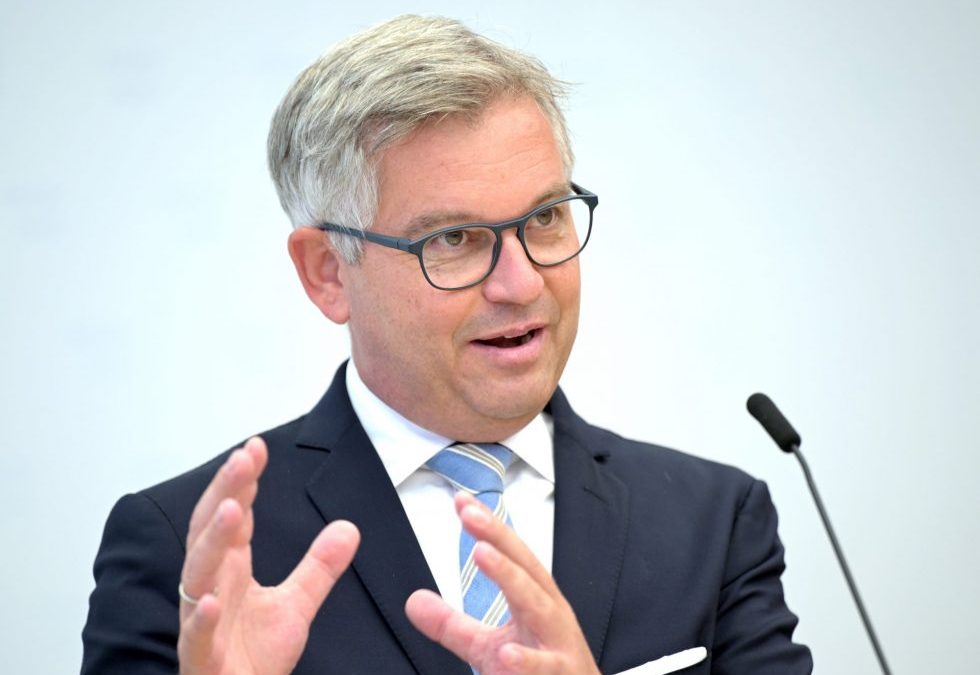Brussels (APA) – The EU Commission took a first step on Tuesday towards establishing the “Solidarity Pool” as part of the EU’s migration and asylum pact, while simultaneously offering Austria and five other countries an exemption from the solidarity obligation. The amount that will be allocated to the solidarity pool – which is intended to cover the needs of member states under migration pressure in the future – has not yet been disclosed.
According to the EU Commission, the funding proposal based on the provisions of the pact is not public. First, the European Council must accept the proposal and decide on the contributions of the member countries. “Once the Council has made the decision on the solidarity pool, the solidarity contributions of the member states will be public and legally binding,” it was stated.
Austria can apply for contribution deduction
Regarding Austria, Bulgaria, the Czech Republic, Estonia, Croatia, and Poland, the Commission recognized a “significant challenge” due to the migration pressure that has arisen over the past five years, based on the European Annual Report on Asylum and Migration. These countries are therefore expected to be entitled to apply for a full or partial deduction of their contributions to the solidarity pool.
Greece, Cyprus, as well as Italy and Spain have been attributed a disproportionately high number of migrant arrivals. These four countries should be able to access the solidarity pool when it comes into effect in June 2026. “There is great pressure along the Mediterranean route,” stated Austrian EU Commissioner Magnus Brunner in this regard. Twelve EU member states – including Germany and France – receive priority access to support measures due to their current situation. Their situation will be reassessed quickly based on changes. In response to a journalist’s question about why Germany was assessed differently than Austria, Brunner emphasized that the assessment was based on facts. Germany will also benefit significantly from the migration and asylum pact.
When asked whether Poland and Hungary were indeed participating in the implementation of the pact, Brunner stressed that solidarity is flexible. Member states have options available, and mandatory reception of individuals is not provided for. Although neither Poland nor Hungary has submitted a national implementation plan, Poland is cooperating “very well” at the technical level, according to Brunner.
Balance between responsibility and solidarity
“The pact for asylum and migration establishes a balance between responsibility and solidarity,” Brunner emphasized to APA. Austria will benefit significantly from this reform, especially through the new tasks of member states at the external borders. He expected a considerable relief for the Austrian asylum and migration system. The Commission acknowledges that Austria has already taken on a lot of responsibility in the past five years.
“We are restoring control over what happens in Europe,” the EU Commissioner stated fundamentally about the migration and asylum pact. It is important to restore the trust of member states and the trust of citizens. Regarding migration dynamics, Brunner noted that it is “on our side.” The number of irregular border crossings has decreased by 35 percent year-on-year between July 2024 and June 2025. Member countries have made significant progress in combating irregular migration and will be ready for the launch of the migration and asylum pact in June next year. (11.11.2025)
 go to the original language article
go to the original language article
